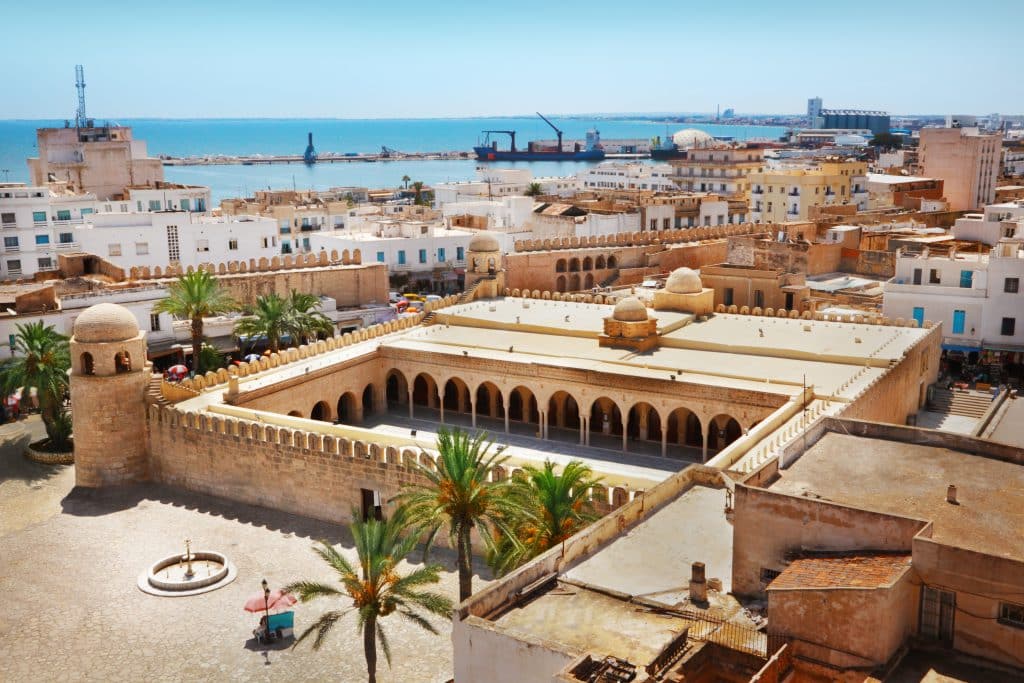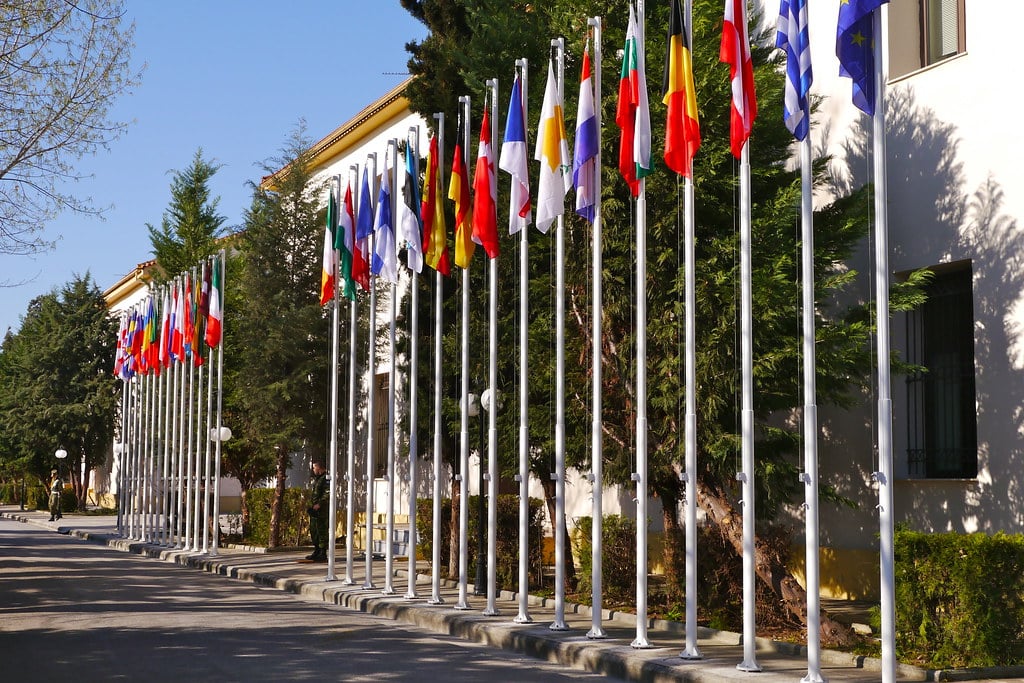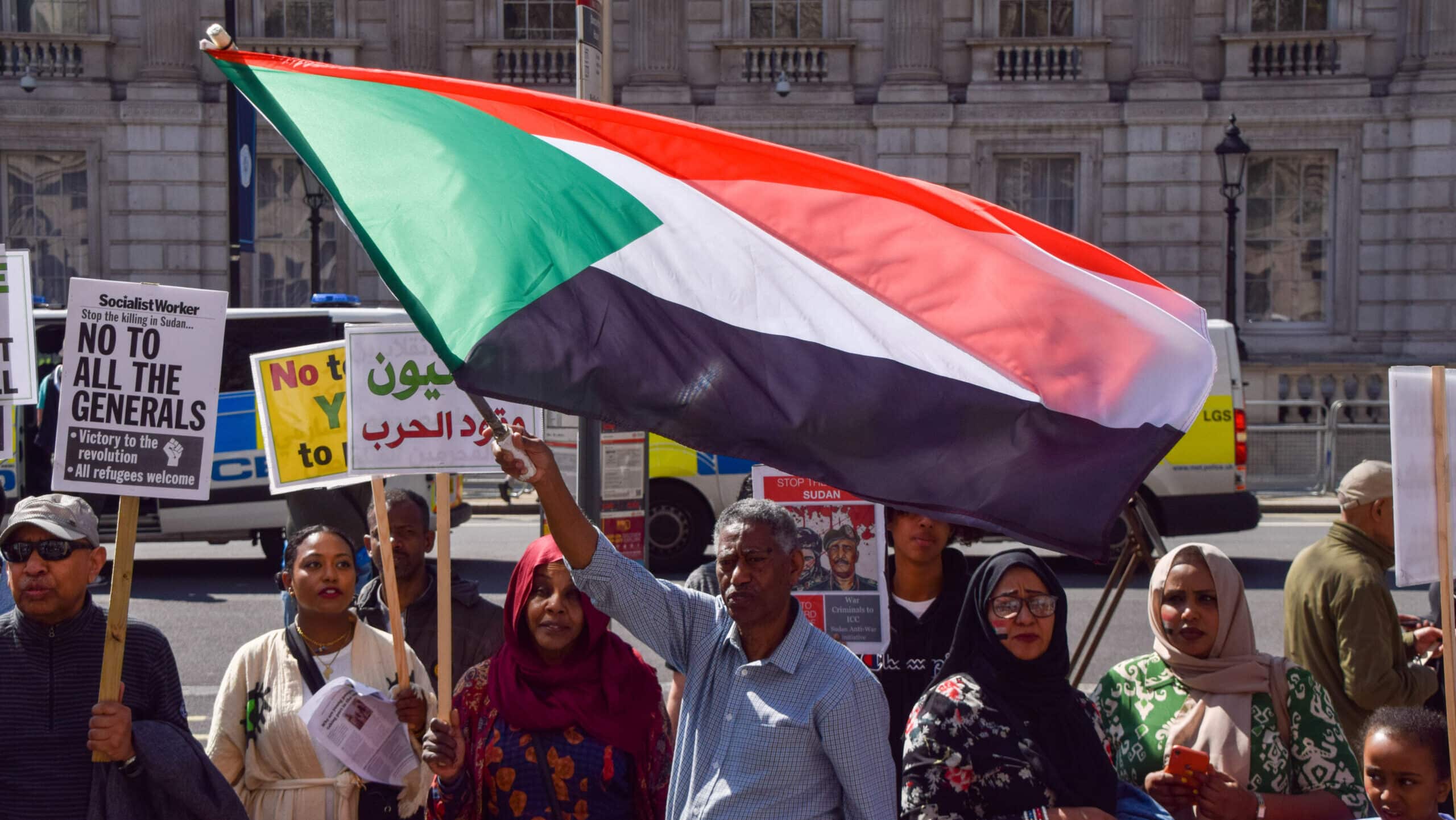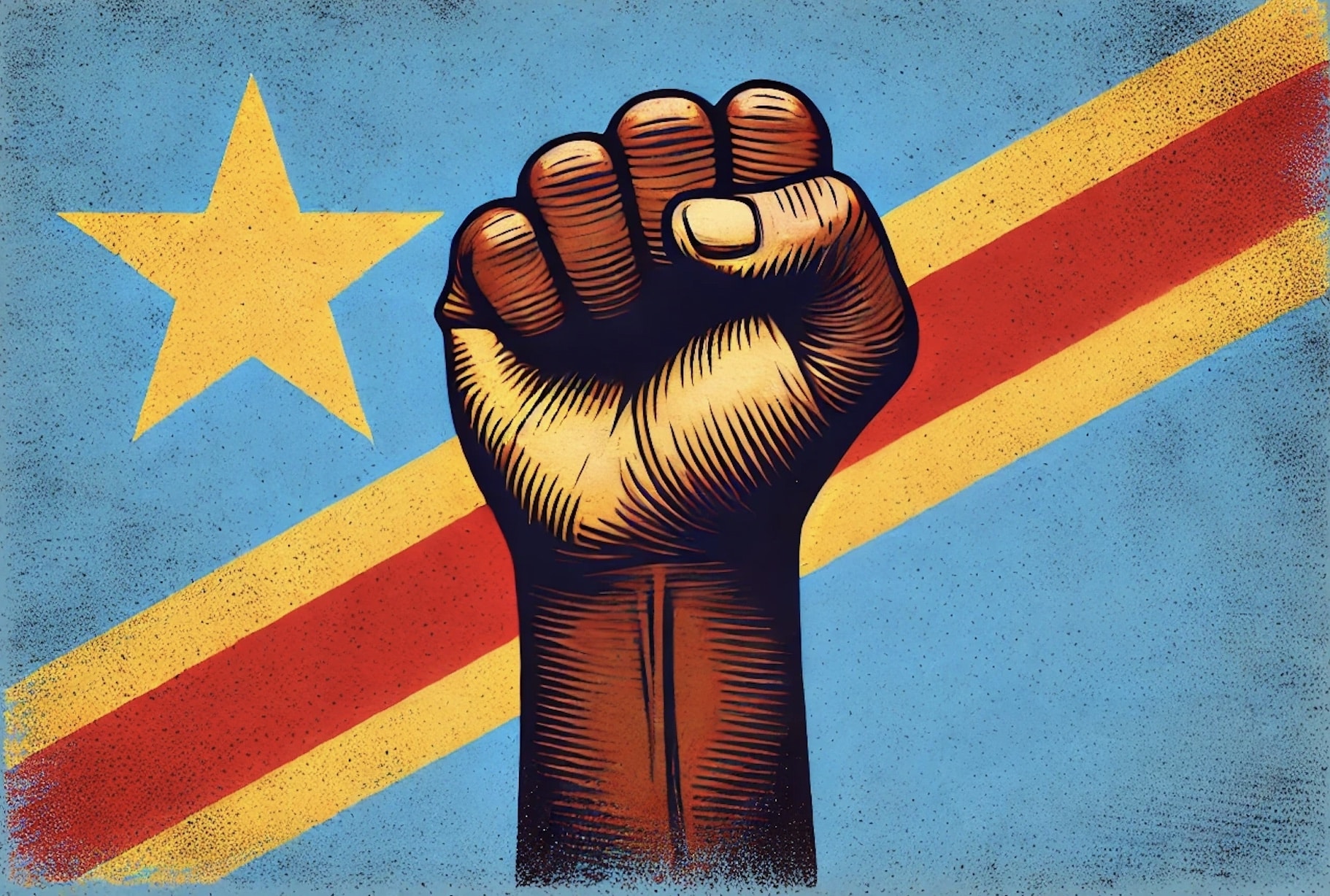Less than a year after the parliamentary elections and five months after a new government took office, Tunisia is in a fierce political crisis. The prime minister has resigned, the speaker of parliament is awaiting a vote of no confidence, and all this while the country anxiously awaits an IMF deal to revive the economy.
Dismissal Fakhfakh
The coalition parties of the Fakhfakh government have never had a happy marriage. The moderate Islamist Ennahda, the largest party, was first in line after the elections. Its prime ministerial candidate only failed to forge a majority in the splintered parliament. Thereupon, President Saied decided to give former minister Elyes Fakhfakh the mandate to form a government. Despite his party, the social democratic Ettakatol, having no seats, he still managed to successfully launch his cabinet. His team was formed by Islamists, social democrats, seculars and technocrats.
Fakhfakh fell into disrepute in early June for alleged fraud. This included allegedly holding shares in companies that had won state contracts. The prime minister firmly denied this and said he had disposed of his shares before taking office. He also assured an independent investigation which was to be concluded within weeks.
Not wanting to wait for this, Ennahda argued that a new prime minister was needed and proceeded to collect signatures for a vote of no confidence. When it turned out that 105 of the required 109 votes were already in, President Saied intervened. He asked Fakhfakh to resign himself. A strategically important move. Saied and not Ennahda got the right to appoint a new prime ministerial candidate. At the last minute, Fakhfakh sacked the six Ennahda ministers and appointed six new ministers for his outgoing cabinet.
New prime minister or new elections?
That new candidate is current Interior Minister Hichem Mechichi. He is not affiliated to any political party and his name was therefore not put forward by parties during consultations with the president. Mechichi has until the end of August to bring a majority of parties together, otherwise Saied will almost certainly proceed to call new elections.
Many parties cannot stand each other. Heart for Tunisia, the second party, is barred by several blocs because it would not subscribe to the values of the revolution. They also prefer not to cooperate with the substantial faction of the Free Destourian Party. It is the successor to former dictator Ben Ali's old party. In a recent poll, this party tops the list. Voters who helped new parties enter parliament in large numbers last autumn are already out of it. Trust in political parties and parliament has not been this low since the revolution.
Speaker of parliament also to face
Almost simultaneously with the no-confidence motion against the prime minister, a motion to remove the parliamentary speaker, Ennahda leader Rached Ghannounchi, was also drawn up. Not by the opposition, but by the other coalition parties. Allegations against the parliament speaker are about abuse of power (favouring his own party) and mismanagement. The motion, scheduled for 30 July, is expected to win a majority. With this, the mostly secular parties are turning a heel on Ennhada.
Regional context
There are strong indications that Tunisian politics are influenced from outside. Countries like Turkey and Qatar globally support the Muslim Brotherhood. Egypt, Saudi Arabia and the United Arab Emirates oppose it. They have little use for democratic experimentation and prefer to cooperate with authoritarian regimes, like themselves. Libya is the main battleground, with Turkey helping the internationally recognised Government of National Accord (GNA) and Egypt helping General Haftar's regime. Tunisian political parties are influenced by both camps. In recent weeks, Emirates was rumoured to offer parliamentarians €60,000 for a vote against Fakhfakh. Even more expensive is a vote against parliament speaker Ghannouchi: €150,000. The reason? Emirates simply opposes the 2011 revolution. Tonight we will know whether enough votes may have been bought and whether Ghannouchi will have to step down.
By: Jaron Lipline





